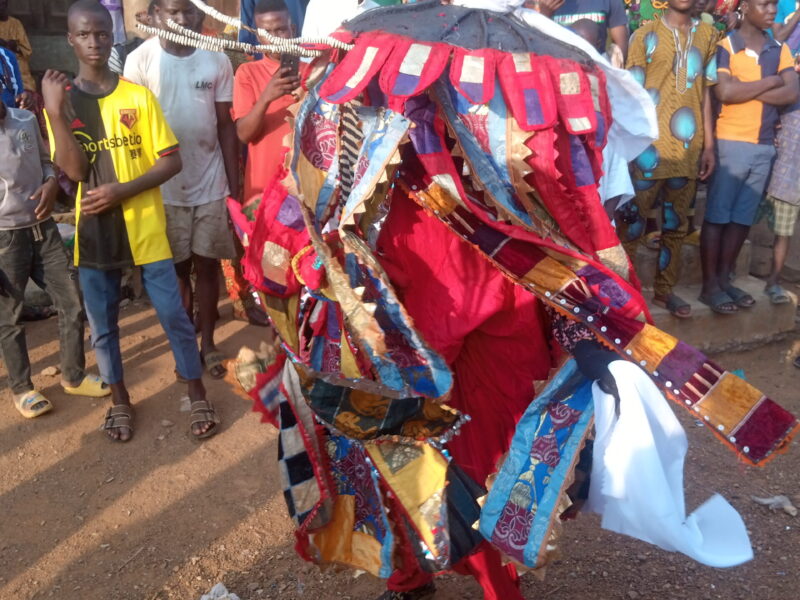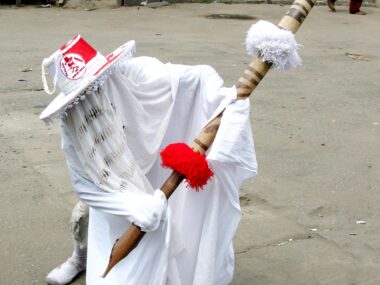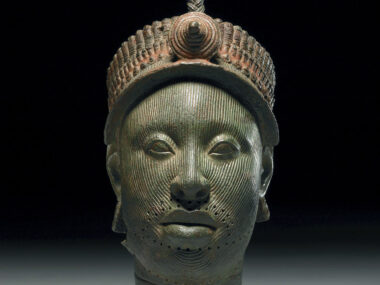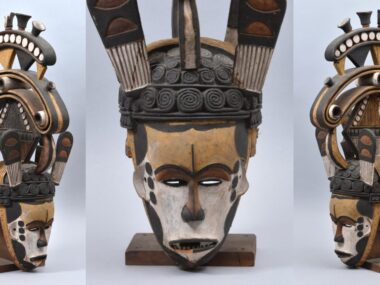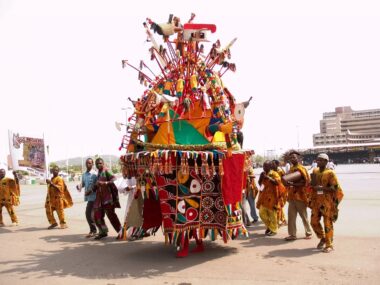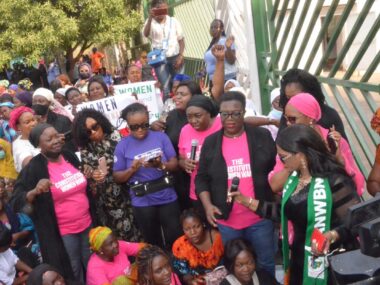The Egungun Festival is a vibrant and deeply non-secular celebration that holds profound significance inside Yoruba tradition. Amongst its many sides, probably the most intriguing is its affiliation with therapeutic and non-secular cleaning.
Rooted in ancestral veneration and cosmological beliefs, the pageant incorporates rituals aimed toward restoring stability and concord inside people and communities. This essay delves into the intricate tapestry of therapeutic and non-secular cleaning inside the Egungun Pageant, exploring the rituals, symbolism, and transformative energy that lie at its core.
Ancestral Veneration and Religious Therapeutic
Central to the Egungun Festival is the idea of ancestral veneration, which varieties the inspiration of Yoruba spirituality. In Yoruba cosmology, ancestors are revered as intermediaries between the dwelling and the divine realm, possessing the knowledge and authority to information and defend their descendants. The Egungun Festival offers a sacred area for communing with these ancestral spirits, looking for their blessings, and invoking their therapeutic powers.
Rituals of Therapeutic
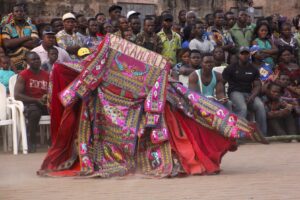
The Egungun Festival includes a myriad of rituals designed to facilitate therapeutic on several ranges – bodily, emotional, and non-secularism. These rituals typically contain the usage of sacred objects, incantations, and ceremonial practices handed down by way of generations.
One such ritual is the invocation of particular ancestral spirits recognized for his or her therapeutic talents. Individuals might supply prayers, libations, or sacrifices to honour these spirits and search for their intervention in issues of sickness or affliction.
One other outstanding therapeutic ritual through the Egungun Festival is the application of divination, whereby educated clergymen or diviners seek the advice of the oracle to discern the underlying causes of sickness or imbalance. Through the interpretation of indicators and symbols, diviners present insights into the non-secular dimensions of sickness and prescribe treatments or non-secular interventions to revive well-being and well-being.
Symbolism and Metaphor
Symbolism performs a major position within the therapeutic rituals of the Egungun Festival, with every aspect carrying profound metaphorical meaning. The flowery costumes worn by Egungun performers, for instance, should not merely be ornamental but imbued with symbolic significance.
Adorned with intricate patterns, colours, and motifs, these costumes signify ancestral spirits and divine forces believed to own therapeutic powers. The act of donning these costumes is akin to embodying the non-secular essence of the ancestors, channelling their vitality and knowledge for therapeutic functions.
Equally, the usage of music, drumming, and dance in Egungun rituals serves as a robust instrument for therapeutic and transformation. The rhythmic beats of the drums, mixed with synchronized actions, create a hypnotic trance-like state conducive to non-secular awakening and catharsis. Individuals might enter right into a state of heightened consciousness, experiencing profound insights, emotional launch, and non-secular renewal.
Restoring Stability and Concord
At its core, the therapeutic facet of the Egungun Festival is about restoring stability and concord inside people and communities. In Yoruba cosmology, sickness is commonly understood as a manifestation of non-secular imbalance or disharmony a disruption within the pure movement of vitality and vitality. Via the rituals of the Egungun Festival, members search to deal with these underlying imbalances, reconnecting with their ancestral roots and realigning themselves with the cosmic order.
The idea of stability, or “ase,” is central to Yoruba spirituality, representing the dynamic equilibrium of forces inside the universe. By participating in rituals of therapeutic and non-secular cleaning, people search to faucet into the transformative energy of “ase,” restoring equilibrium to their lives and fostering a way of wholeness and well-being.
Conclusion
The Egungun Festival stands as a testimony to the enduring vitality of Yoruba tradition and its profound insights into the character of therapeutic and non-secular renewal. Via its wealthy tapestry of rituals, symbolism, and transformative practices, the festival affords a sacred area for people to hunt therapeutics, steerage, and communion with their ancestral spirits. In a world beset by turmoil and uncertainty, the Egungun Festival serves as a beacon of hope and resilience, reminding us of the timeless knowledge embedded inside the traditions of the previous.
